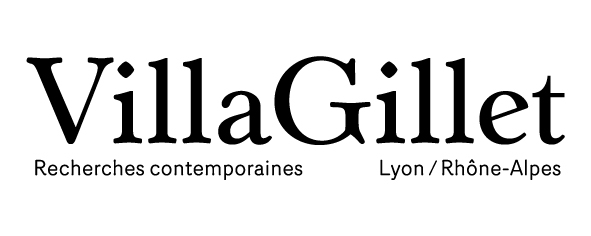Adelle Waldman: L’identité troublée
In reporter and columnist Adelle Waldman’s first, highly touted novel, La Vie amoureuse de Nathaniel P., the author describes with subtlety and irony the meanderings of Nate Piven, a popular writer moving up in the elite literary circles of Brooklyn. He is also a young lover drunk with his success with women. In this astute novel of manners, Waldman brilliantly paints the portrait of a modern, imperfect and narcissistic male with a troubled love life.
Les éditions Christian Bourgois publieront prochainement un recueil en français des textes écrits à l'occasion des assises du roman.
Many years ago, I went in search of self-definition in the most quintessential American fashion, by picking up and heading west.
I was in college, on the East Coast, at a prestigious university, but I had become desperately unhappy. I was lonely among my friends, who I thought were only concerned with being successful and popular. I pined for a boy who was interested in my prettiest but, I thought, shallowest friend. Maybe there was something wrong with me, I wondered. Maybe I was too serious, too brooding and earnest, to ever find the happiness, the sense of ease and connection and meaning, that I so desperately wanted.
In my junior year, I dropped out and moved to Arizona, in the American West. I thought I’d live a simpler and more authentic life, one that was less focused on status. I found work as a waitress as a sports bar, but soon I began to experience a different kind of loneliness. Arizona’s desert landscape, though beautiful, is stark and vast. I felt very small and very far away.
And so I read a lot. I had always read novels not only for pleasure but also for insight—insight into my own psyche and those of other people, into questions about how to live and how to be happy. I read contemporary novels almost exclusively. I assumed that novels written before 1960 and the sexual revolution would have no relevance for a modern young woman like me.
I found many books that were funny and inventive about modern politics and pop-culture but few that resonated with me on a personal level. Often I suspected that the author didn’t know much more than I did about life, about psychology. In too many books, it was obvious what the characters should do, who was good or bad and in what degrees; such books engender in the reader a sort of puffed-up sense of his or her own superior smarts. But…my life was a mess. If personal life were as simple as it was in the books I read, I wouldn’t be as confused as I was.
At some point, I turned idly to classic novels, not expecting much from books so old, so likely to be dated. That was how I came to read Middlemarch. This was the book that changed everything for me.
It didn’t matter that the people Eliot wrote about lived in a different time and country. Her ability to describe people’s inner lives exceeded in sophistication anything I’d ever encountered, in fiction or in conversation. Is there anything dated about a description like this?
His experience was that of a pitiable kind which shrinks from pity, and fears most of all that it should be known: it was that proud narrow sensitiveness which has not mass enough for transformation into sympathy, and quivers thread-like in small currents of self-preoccupation or at best an egoistic scrupulosity.
For me literature that is worthy of the name transcends both time and place, century and country.
Which brings me to the question we were asked to discuss: the fact that many young American novelists portray characters who are uncertain about their identities and have uncertain contours. To which I’d answer that uncertainty about identity is neither new nor uniquely American. Just think of Julien Sorel in The Red and The Black, torn between his tenderness and his ambition. Or Leon in Madame Bovary. As Flaubert noted, “Self-possession depends on its environment. We don’t speak on the first floor as on the fourth.”
There has never been a time or a place in which the majority of people felt comfortable with the identities assigned them by society. People with active inner lives have always chafed at the expectations society imposes. This is the starting point of literature generally, not a condition of contemporary American life.
Pour citer cette ressource :
Adelle Waldman, Adelle Waldman: L’identité troublée, La Clé des Langues [en ligne], Lyon, ENS de LYON/DGESCO (ISSN 2107-7029), septembre 2015. Consulté le 11/02/2026. URL: https://cle.ens-lyon.fr/anglais/litterature/entretiens-et-textes-inedits/adelle-waldman-l-identite-troublee-



 Activer le mode zen
Activer le mode zen


